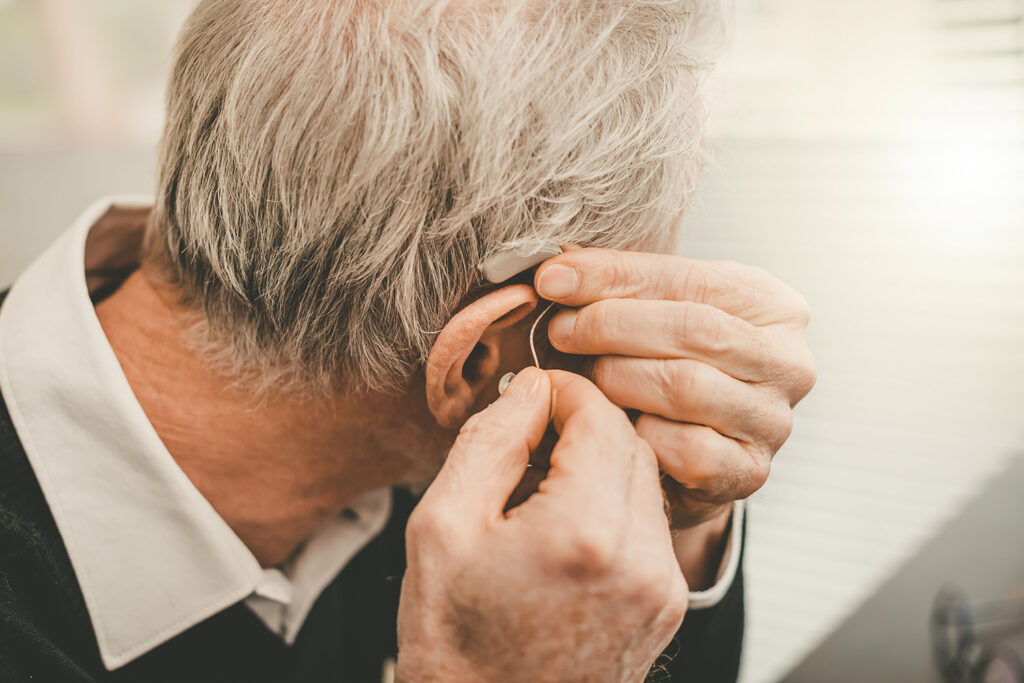Both more severe and prolonged age-related hearing loss is associated with a higher prevalence of cognitive disorder, a study finds.

A Korean study examined 399 patients aged 65 years or older who were prescribed hearing aids for the chief complaint of hearing loss. Of the 399 patients in the study who were prescribed hearing aids for presbycusis, 45 (11.3%) had dementia and 354 (88.7%) did not have dementia.
When the cognitive disorder group was divided into mild and severe subgroups, the threshold of hearing loss was significantly higher in the severe group than in the mild group.
The prevalence of dementia in persons with mild, moderate, moderate to severe and severe hearing loss was 10.5, 11.5, 12.2 and 14%, respectively.
In the study, the prevalence of dementia was significantly higher in patients with hearing loss for 10 years or more than in patients with hearing loss for less than 10 years.
Measurements
All participants underwent pure-tone audiometry (PTA) at thresholds of 125 Hz, 250 Hz, 500 Hz, 1 kHz, 2 kHz, 4 kHz and 8 kHz.
Cognitive disorders in the study were assessed by a neurologist and a psychiatrist. A diagnosis of dementia was based on questionnaires, clinical symptoms, age, educational level, neuropsychological assessment and brain imaging.
The study, “The Relationship between Age-Related Hearing Loss and Cognitive Disorder”, was published in Kager.
Sources: www.ncbi.nlm.nih.gov and Karger

